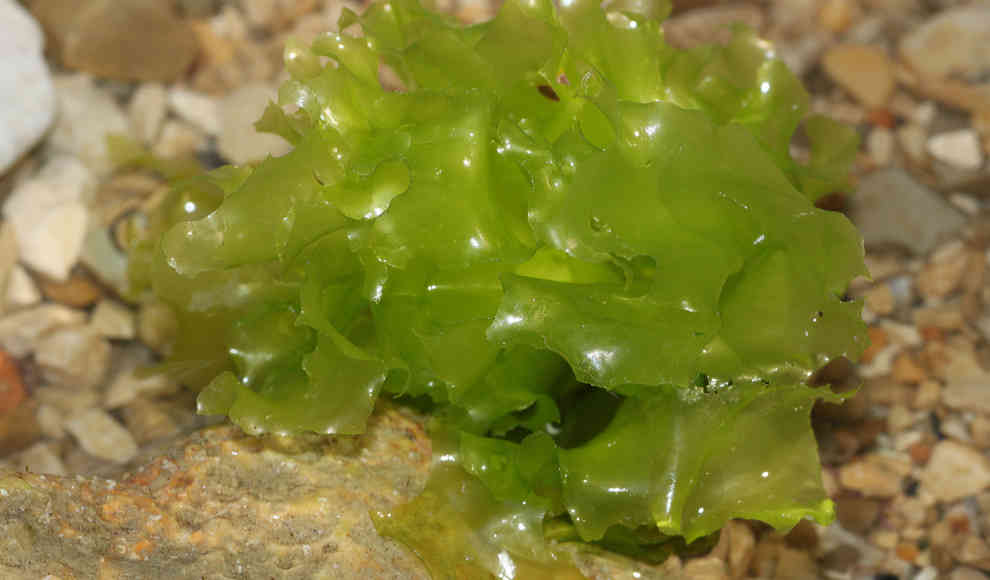The annual algae bloom in the Atlantic Ocean is becoming a growing concern due to its negative impact on the environment. The algae, which consumes large amounts of oxygen during decomposition, can make the surrounding area uninhabitable for other marine life. Additionally, the release of toxic sulfur compounds during decomposition can also pose a threat to human health. However, scientists from the University of Greifswald and TU Wien have developed a solution to this problem. By studying the bacteria Formosa agariphila, which breaks down the complex carbohydrate polysaccharide Ulvan found in green algae, the researchers have found a way to convert the algae into usable resources.
The researchers focused on the green algae genus Ulva, which produces around 100,000 tons annually on the French Atlantic coast. By using the bacteria’s ability to break down the complex carbohydrate, the researchers were able to convert the algae into usable resources such as sugar. The process involves breaking down the polysaccharide into monosaccharides, which can then be used to generate energy or build bacteria-specific products. The researchers plan to develop a technical fermentation process to convert the massive biomass of algae into industrial-scale resources such as bioethanol, bioplastics, and biogas.
This breakthrough could have a significant impact on the environment by reducing the negative effects of algae blooms. The researchers’ findings have been published in the journal Nature Chemical Biology, and they hope to continue their research to develop a more comprehensive understanding of the chemistry involved in the process. With this knowledge, they can expand the range of resources that can be produced from green algae, providing a sustainable solution to the growing problem of algae blooms.










